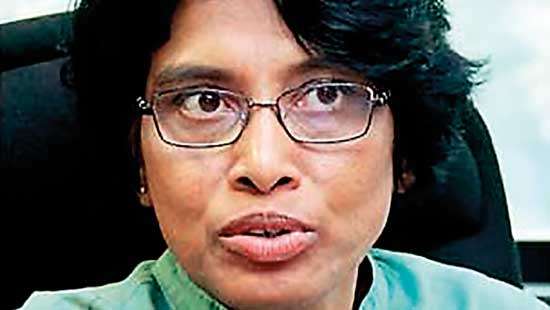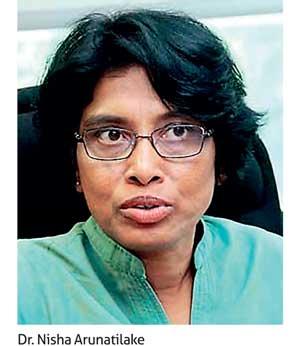Reply To:
Name - Reply Comment

By Shabiya Ali Ahlam
As the COVID-19 pandemic delivered a massive hit on the local labour market, the government going forward should urgently look at improving and expanding access to social security for employees and employers, the Institute of Policy Studies (IPS) said.
 Although Sri Lanka has in place a social security system, one that focuses mostly on retirement, the implications stemming from the pandemic have stressed the importance of providing pre-retirement social protection, in terms of unemployment benefits, the latest edition of the State of the Economy (SOE) 2021 report by the IPS highlighted.
Although Sri Lanka has in place a social security system, one that focuses mostly on retirement, the implications stemming from the pandemic have stressed the importance of providing pre-retirement social protection, in terms of unemployment benefits, the latest edition of the State of the Economy (SOE) 2021 report by the IPS highlighted.
“This is an area where Sri Lanka has to improve, if we are to have a faster recovery from this type of disaster in the future,” said IPS Director of Research Dr. Nisha Arunatilake, addressing a webinar that was facilitated to mark the launch of SOE 2021.
While the government did provide some relief package to the workers impacted by the pandemic, a survey carried out by the IPS that took the viewpoints of employees, employers, trade unions and government officials, showed the former three categories felt the government could have provided more relief using the existing social security funds.
According to the IPS, the ETF funds are sufficient to cover sickness and unemployment benefits to workers and provide wage support to retain jobs.
Counties such as Nepal, Malaysia and Singapore, among others, have been successful in implementing pre-retirement social security that covers sickness benefits and unemployment insurance.
Dr. Arunatilake also asserted the need to uplift labour market institutions and information on the labour market, so workers are provided with more autonomy, which in turn would pave the way for the limited resources to be maximised. During the year 2020, the International Labour Organisation (ILO) estimated that nearly 225 million jobs were lost, due to the pandemic and in Sri Lanka, over 250,000 jobs were lost in the year of the pandemic alone.
Adding to the woes of the economy and people was also the deterioration of the quality of jobs in the country.
In Sri Lanka, the unemployment rate expanded by 0.7 percent and it was the low and the middle-skilled workers who were hit the most.